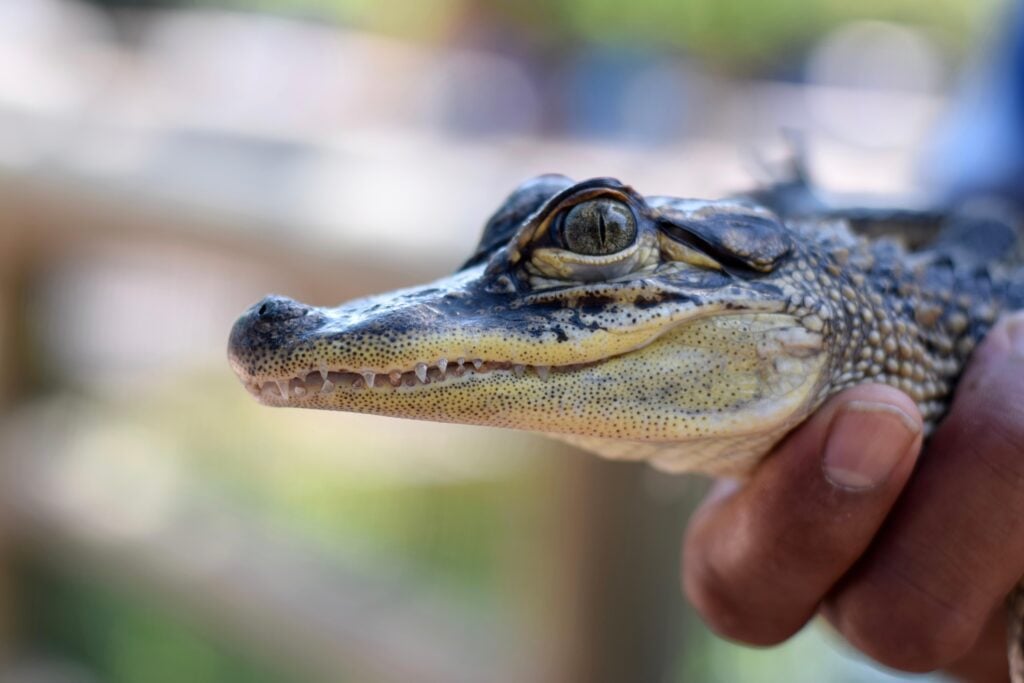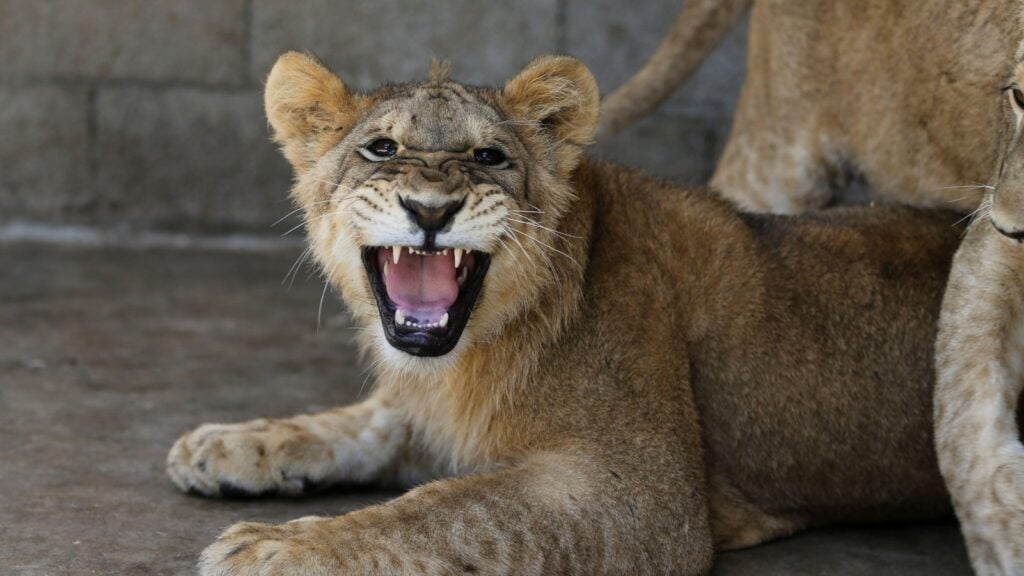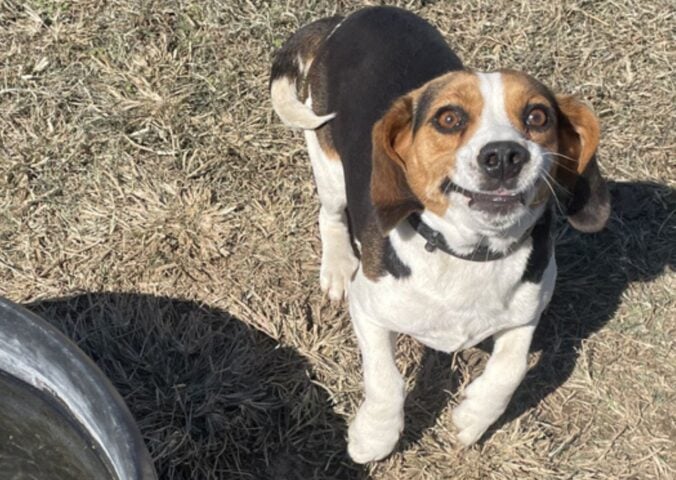In news that may come as a shock to much of the British public, thousands of exotic animals like big cats, alligators, and venomous snakes are kept by private collectors across the country.
A new survey from the Guardian has found that there are almost 2,500 “dangerous wild animals” in England, while a previous study from Born Free discovered close to 4,000 in Britain as a whole.
These animals are kept by private individuals, not zoos. While some—such as wild boar, ostriches, and bison—are farmed, a growing number are kept simply as pets or as part of a “collection.”
The Buckinghamshire council area was found to have the most privately owned dangerous animals, with 325—including blackbuck antelope, capuchin monkeys, and lemurs—registered in the area.
The research also found grey wolves in West Berkshire, alligators in Hampshire, and 14 species of exotic feline in Cornwall.
Is it ethical to keep exotic animals as pets?
While you do need a license from your council to keep animals deemed “dangerous” under the Dangerous Wild Animals Act (1974), the legislation has sparked backlash for being both outdated and insufficient.
“First and foremost it’s a public health and safety act, not an animal welfare act,” Chris Lewis, of Born Free Foundation, tells Plant Based News (PBN). “The intention of the act is purely to stop these animals injuring members of the public.”
Because of this, Lewis says, the animal welfare standards of the act are “incredibly limited” and “very outdated” when compared with other standards of welfare in the UK.
Many of these animals are kept in inappropriate housing and fed the wrong type of food. Primates who have been seized have been found in bird cages, while many animals have been kept in incorrect social groupings.
There are also some wild animals that would be considered dangerous in a zoo, such as anacondas, which members of the public don’t need a license to keep. This means that there are many wild animals kept by private individuals who go completely unregulated.
What’s more, dealers of animals deemed dangerous are under no obligation to check that the buyer has a license before they sell. This means that, in theory, people are able to purchase dangerous wild animals without one.

Why do people buy wild animals?
In the past, the majority of people keeping these animals were doing so for farming purposes.
However, the number of these farmed animals has declined in recent years, and many privately kept dangerous animals are now used for pets or collection.
Popular animals for these purposes include venomous snakes and big cats. Many of these animals are bred and sold for hundreds or thousands of pounds, and they’ve been growing in popularity due to social media.
“You see a lot of TikToks and Instagrams of people making [keeping wild animals] look glamorous,” says Lewis. “It shows the better side of it, it doesn’t show the other issues of it.”
Obtaining dangerous wild animals
While you’d struggle to buy these animals within the UK, many people are importing them from other countries.
According to Lewis, there is a growing market for dangerous wild animals in Eastern Europe. The Czech Republic, in particular, has a large program for breeding tigers.
In addition, many of the lions kept by private individuals are ex-circus animals, after England, Wales, and Scotland banned their use in such performances in 2020.
The future of keeping wild and exotic animals in England
It may come as a surprise to some that there are actually relatively few animals people cannot keep privately.
There is a list of invasive and non-natives species animals that can’t be kept under any circumstances (including racoons and red-eared terrapins), but there are otherwise very limited rules.
“Unless the animal is on that list, you can keep anything you want,” says Lewis. “There are certain things you need a license for, and the rest you can keep. It’s completely unregulated. You have no idea what’s been kept.”
Campaigners from Born Free have been urging the government to update its guidelines on keeping these animals.
As well as pushing for revision of the DWA, they are campaigning for a “comprehensive review” of pet keeping in general. They believe that this review should consider whether welfare needs of the animal can be met in a captive setting, whether the owners have suitable qualifications and experience, and whether the keeping of that species has any negative impacts on conservation.
Lewis believes that we should follow in the footsteps of other European countries, including Belgium, which have “positive lists” outlining animals that can be kept. This would mean that more thought goes into which animals should make the list and which ones shouldn’t.
“We feel there needs to be much more stringent criteria in terms of assessing whether species should be kept,” he says.
Find out how to support Born Free’s campaign here.






